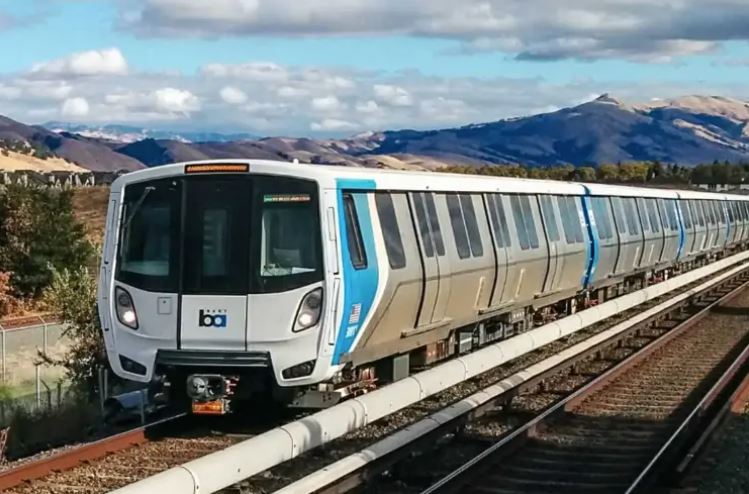BART has announced it will be increasing fares by 3.4 percent on July 1, 2022 in an effort to “keep up with the rising cost of providing safe and reliable service,” per a statement that noted the increase is “well below the current rate of inflation.” The increase is a component of an Inflation-Based Fare Increase Program underway since 2003 that implements “a predictable pattern of small fare adjustments” over time at a rate below inflation.
Riders can expect to see a 15 cent addition to the average fare of $3.78. “A short trip from downtown Berkeley to 19th St./Oakland would increase five cents while a longer trip such as from Antioch to Montgomery would increase by 30 cents,” said BART.
The new fares are already reflected in BART’s Trip Planner and online Fare Calculator, which riders can see by selecting a date of July 1, 2022 or later. BART said it will be posting the new fare chart decals on vending machines sometime before July 1.
Low-income riders can receive discounts via the regional Clipper START program, including a 20 percent discount per trip for adult riders earning 200 percent or less of the federal poverty level, per BART. BART added that more than 20 Bay Area operators offer discounts for this program.
BART highlighted other opportunities for discounts, including: Youth 5-18 years old receive 50 percent off with a Youth Clipper card; seniors 65 and over get 62.5 percent off with a Senior Clipper card; passengers under 65 with qualifying disabilities receive 62.5 percent off via the RTC Clipper card; and “High-value Discounts” where adult Clipper cards receive a 6.25 percent discount on cash value rides by purchasing $48 worth of value for $45 or $64 worth of value for $60 when autoload is set up.
BART is also joining the Metropolitan Transportation Commission (MTC) in asking to load a Clipper card on their mobile phones rather than using plastic Clipper cards due to global supply chain issues of the cards. Visit Apple Pay or Google Pay to get a Clipper card for a mobile phone.
According to BART, the fare increase was originally set to take effect January 1, 2022 but was put off by six months. “BART increases fares at a rate less than inflation every-other year. The last fare increase occurred January 1, 2020,” stated BART.
BART said that earnings from the fare increase will be applied toward its operating and capital budgets to fund “train service, enhanced cleaning, additional police and unarmed safety staff presence and capital projects such as purchasing new train cars.” Riders can check out BART’s two-year budget here.
Photo credit: BART






